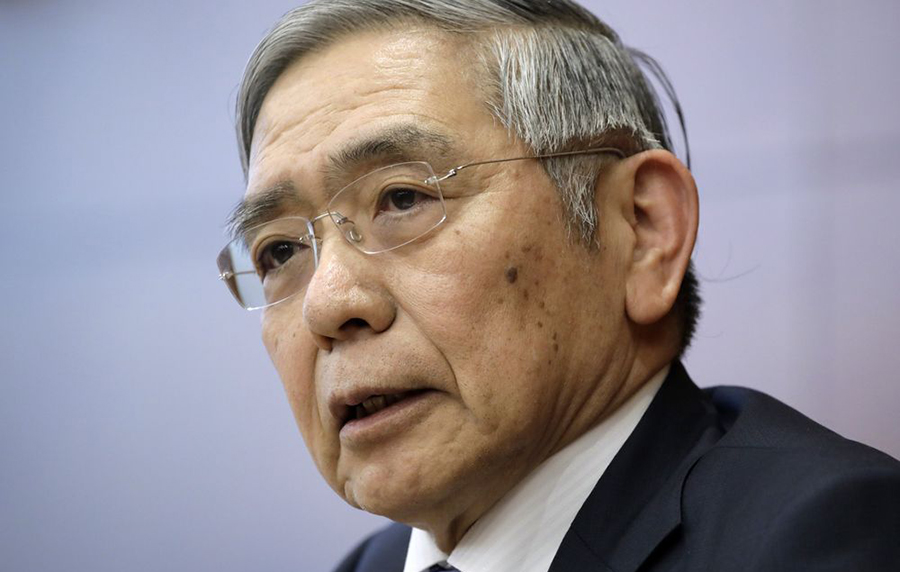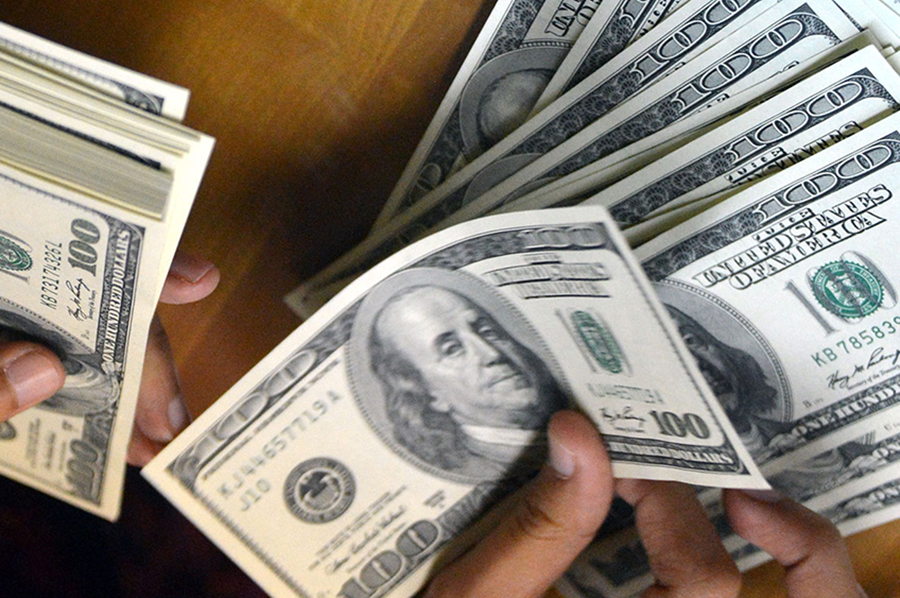The dollar entered the critical threshold of 130 yen for the first time since 2002 as the Bank of Japan maintained its dovish stance, prompting a warning from Japan’s Ministry of Finance not to overvalue the yen.
At the time of writing, the yen sank 1.51% to 130.46 against the dollar within hours of the Bank of Japan’s policy statement on Thursday, as the central bank committed to conducting daily operations to defend its “near-zero” target for 10-year bond yields.
With the US Federal Reserve on the verge of raising rates, the Bank of Japan’s decision to stay the course is against the general market sentiment of a hawkish stance during rising global inflation.
What BOJ is saying
The bank said ”The Bank will purchase a necessary amount of Japanese government bonds (JGBs) without setting an upper limit so that 10-year JGB yields will remain at around zero percent.”
This was disclosed in a press release by the Bank of Japan titled “Statement on Monetary Policy”.
The bank outlined that it would maintain a dovish stance which is similar to the pandemic era. The bank said, “The Bank will purchase CP and corporate bonds at about the same pace as prior to the novel coronavirus (COVID-19) pandemic, so that their amounts outstanding will 1 April 28, 2022 Bank of Japan gradually return to pre-pandemic levels, namely, about 2 trillion yen for CP and about 3 trillion yen for corporate bonds.”
What you should know
- The Bank of Japan feels that tightening monetary policy would jeopardize Japan’s underlying economy, however, it risks offending politicians and the public as the weak yen drives up the cost of imported products.
- The Bank of Japan’s commitment to its zero-rate policy puts it at odds with US expected hawkish stances. The policy divergence between the two central banks helped the dollar index, which climbed to 103.70, its highest level in five years and just a smidgeon over levels last seen in 2002.
- Nairametrics reported that Japan has designed a $103 billion subsidy and stimulus package to counteract the economic impact of inflation.
- The $132 billion rescue package, which will be funded primarily from reserves set aside in the current fiscal year’s budget, will include measures to cope with the immediate impact of rising prices, such as gasoline wholesaler subsidies and cash distributions to low-income families with children.
- Given the current pace of intervention, the yen’s drop to 130/$ may lead the Bank of Japan to intervene directly to prevent the currency’s depreciation from being too steep and quick.




















